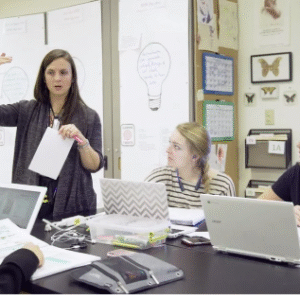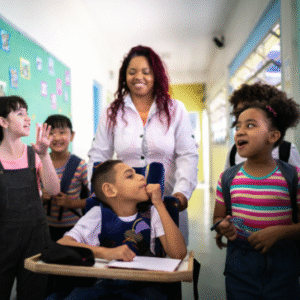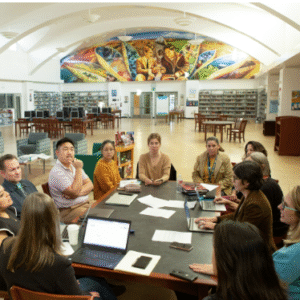
Peer acceptance plays a powerful role in a student’s school experience. When students feel accepted by their classmates, they are more likely to engage in learning, participate confidently, and build strong social skills. Creating a… Read more

Cooperative play is more than just children playing together—it’s a vital part of social and emotional development. When students engage in cooperative play, they learn important skills like sharing, communication, problem-solving, and empathy. Understanding the… Read more








